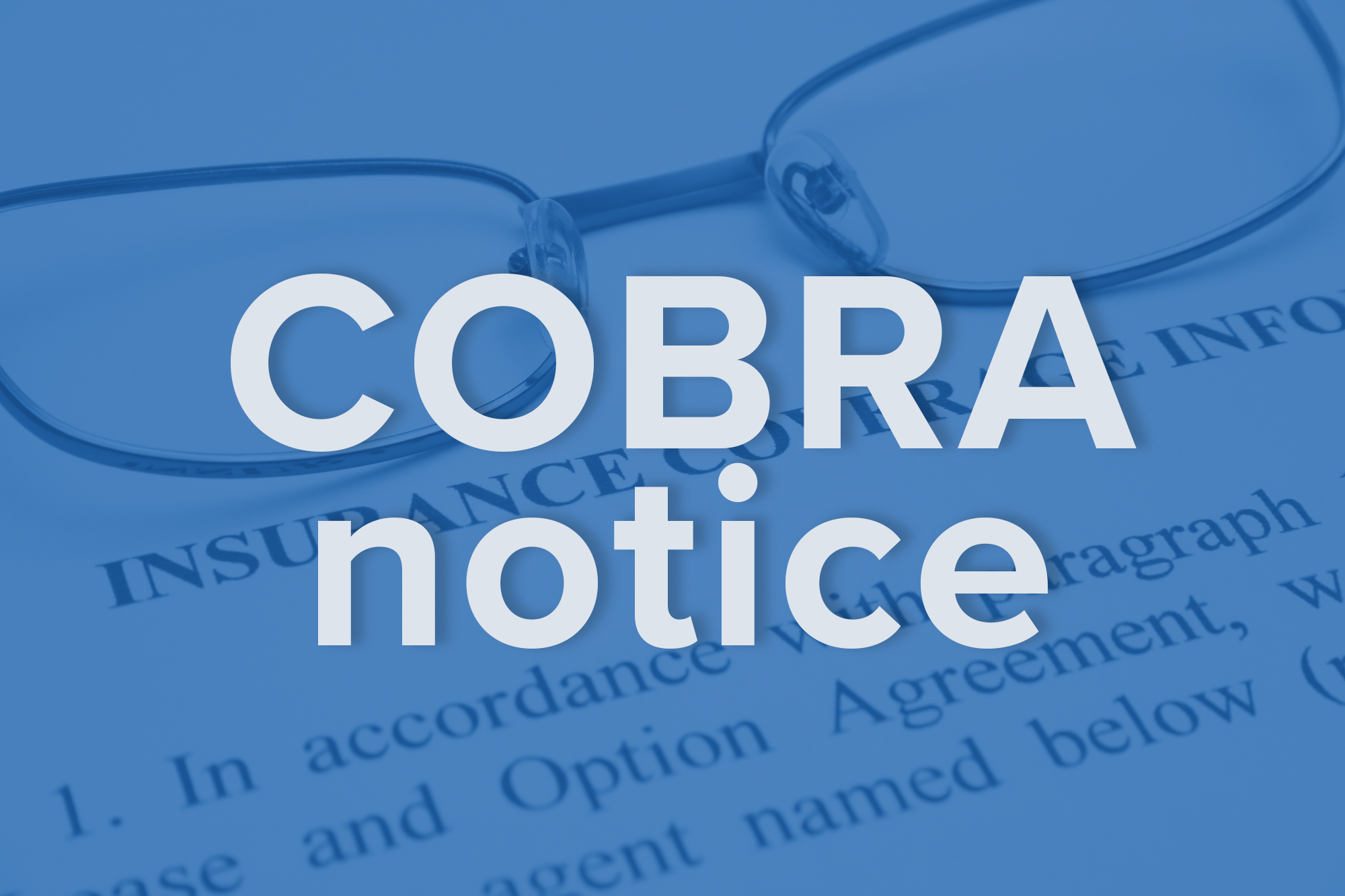Employers See Increasing Numbers of Lawsuits Over Deficient COBRA Notices
COBRA Notice Lawsuits on the Rise: What Employers Need to Know
Employers are facing an increase in class action lawsuits from former employees alleging deficient Consolidated Omnibus Budget Reconciliation Act (COBRA) election notices, with penalties of up to $110 per person per day. The difficulty in complying with election notice requirements and the potential for significant attorneys’ fee awards for successful ex-employees are driving the rise in litigation.
Last Updated on April 25, 2023 by MyHRConcierge
The Impact of COBRA Notice Litigation
COBRA violations often accompany other employment litigation but can still result in hefty penalties and attorneys’ fees awards for successful ex-employees. Lawsuits typically claim that COBRA election notices are inaccurate, confusing, or threatening. They allege that target notices fail to include essential information, such as:
- the mailing address for payments
- plan administrator’s identity
- an explanation of how to enroll
- the actual election form to elect coverage
Examples of COBRA Notice Litigation and Settlements
Several companies, including Home Depot, Fiat Chrysler, and Costco, have settled their COBRA notice lawsuits earlier this year for significant amounts, such as $815,000, $600,000, and $750,000, respectively.
Why Employers Struggle with COBRA Notice Requirements
In 2020, the U.S. Department of Labor (DOL) revised its model COBRA election notice. Employers face challenges in complying with COBRA notice requirements, with many relying on third-party vendors to provide notices to former employees. These vendors often use their own notices that do not strictly adhere to the DOL’s model notice, omitting information such as the plan administrator’s name and other required information. COBRA notice litigation is directed at the employer or plan sponsor, not the vendors, even though vendors prepare and send most notices.
Why COBRA Notice Litigation is Increasing
The increase in COBRA notice litigation can be attributed to a few key factors. First, employers are struggling to comply with COBRA notice requirements. These notices are often incomplete or inaccurate, leaving former employees confused and frustrated. Second, the potential for significant penalties and attorneys’ fees awards makes these lawsuits attractive to plaintiffs’ attorneys, who often file them as class actions. Finally, the COVID-19 pandemic has led to a surge in layoffs and terminations. This increased the number of former employees who may be entitled to COBRA coverage and therefore increasing the potential for COBRA notice lawsuits.
What Employers Can Do to Reduce the Risk of COBRA Notice Litigation
Employers can take several steps to reduce the risk of COBRA notice litigation. First, they should ensure that they are using the most up-to-date COBRA election notice and that it contains all the required information. If they are using a third-party vendor, they should confirm that the vendor’s notice meets all the DOL’s requirements. Employers should also consider conducting periodic audits of their COBRA notice procedures to ensure compliance and identify any potential issues before they lead to litigation. Finally, employers should consult with experienced benefits counsel to ensure that they are taking all necessary steps to comply with COBRA notice requirements and minimize the risk of litigation.
Use COBRACompli to Eliminate COBRA Litigation Risk
With MyHRConcierge’s COBRA compliance and administrative service, COBRACompli, we handle:
- COBRA administration: notices, correspondence, collection, processing, date tracking, and enrollment
- COBRA support: easy to understand guidance, secure online access, monitoring of COBRA changes, rapid updates, reporting
- COBRACompli online platform: central system for COBRA administration records available 24/7 on a safe and secure platform
For more information on COBRACompli or other HR services, please contact us today at (855) 538-6947×108 or email ccooley@myhrconcierge.com.
©Zywave

